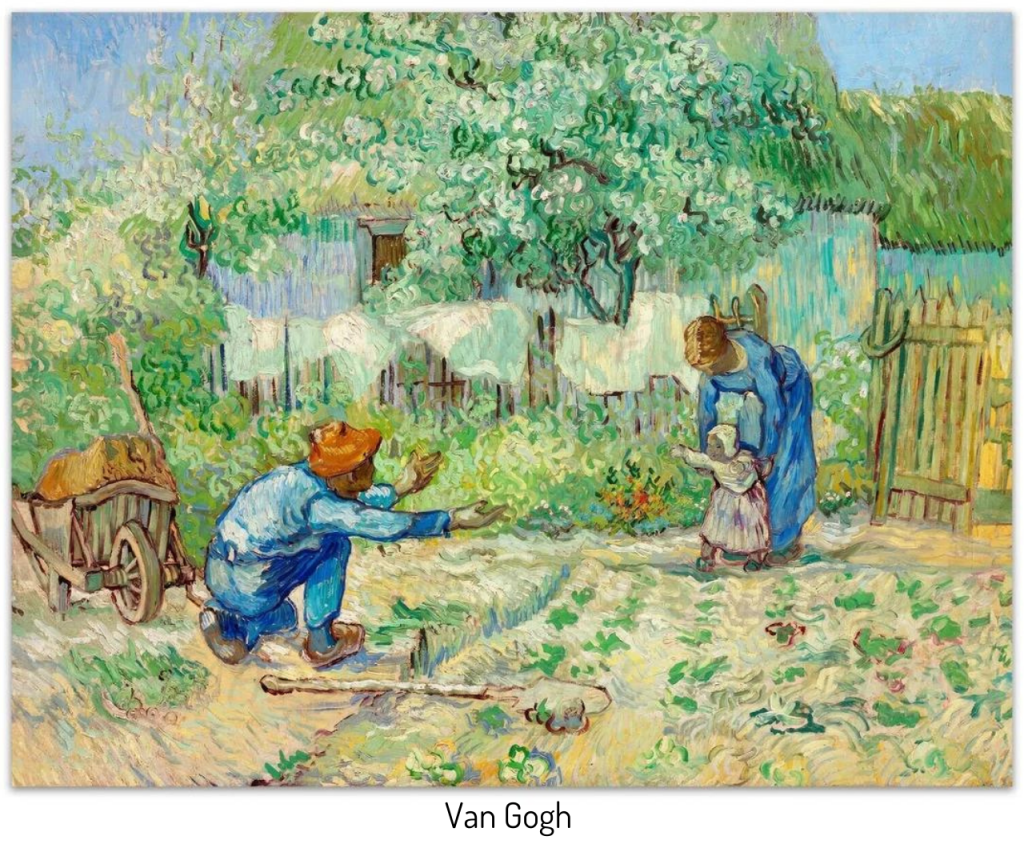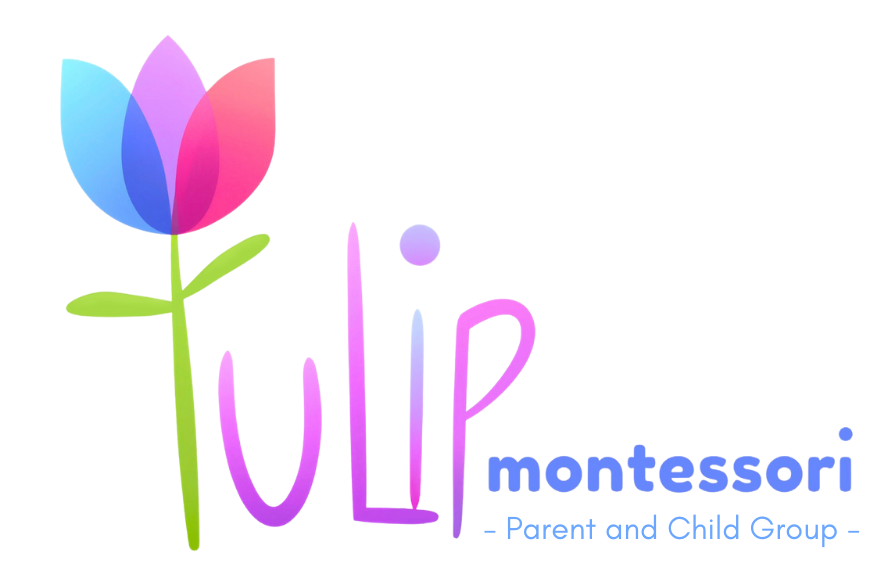PARENT GROUP
 What is Parent Group?
What is Parent Group?
Parent education is a process of learning activities designed to provide a stimulating home environment to support the caregiver (parent), facilitate parent-child communication, and respond to the child’s development from birth to the beginning of primary school.
What are the goals of the Parent Group?
The parent education program aims to boost parents’ confidence and provide them with the necessary knowledge and skills to enhance their ability to support the physical,cognitive, social, and emotional development of young children.
In many countries, mothers interact with children more than fathers do. However, there is a noticeable shift in the roles of fathers today. Fathers are increasingly interested in taking on a more active role in child care and education than previous generations. It’s essential to recognise that child care is not exclusively the responsibility of mothers. Other family members should also actively participate in the care and education of young children.
Educating a child requires common sense and a certain amount of knowledge and experience. Maternal behaviours are not entirely innate. Scientific observations show that mothers in mammals and humans acquire maternal feelings and behaviours mainly later in life.
The family not only influences a child’s physical, emotional, and social development but also plays a crucial role in their mental and language development by providing a rich and stimulating environment. The extent to which a child’s inherent mental potential is realised through genetics depends on various factors related to the family environment, such as socioeconomic and sociocultural characteristics, prenatal and postnatal care, nutrition, health, experiences, and the positive or negative attitudes and behaviours of the parents in raising the child. Unconditional love, a supportive environment, and mental stimulation provided to the child in early childhood are the foundation for their emotional and cognitive development.
The significance of early childhood in human life has been supported by scientific research. Notably, in the first five years of life, a child’s learning capacity increases rapidly alongside the rapid development of the brain and nervous system. A rich, stimulating environment plays a crucial role in mental development. The most significant factor in a child’s environment is the adult. Therefore, it is essential for parents to effectively raise and develop their children in all aspects, establish healthy communication, develop positive attitudes and behaviours, create a stimulating home environment, and participate in parent education programs to boost their confidence. It is essential to inform parents with parent education programs and increase their awareness of the importance of early childhood.
- Empowering families with knowledge about prenatal and postnatal development and the education of their children.
- Guiding family members to understand their children’s developmental characteristics at each stage of growth.
- Inspiring active participation by family members in supporting and fostering their children’s development in all domains.
- Educating families about the importance of establishing verbal communication with their children based on cause-and-effect relationships.
- Informing families about child-rearing attitudes and assisting them in cultivating positive attitudes and behaviors towards their children.
- Equipping families with strategies for addressing their children’s inappropriate behaviors and habits.
- Assisting family members in translating acquired knowledge into actionable behaviors.
![]()
Parent Group Topics
- Preparing to be Parents
- First 2 Months After Birth
- First 2 Years of Life
- Toilet Training
- Why is Sensory Education Important?
- Montessori from Birth and Montessori Practices at Home
- The Role of the Adult
- The Role of the Father
- Raising a Bilingual Child and the Importance of the Mother Tongue
- Movement Makes Your Child Smarter
